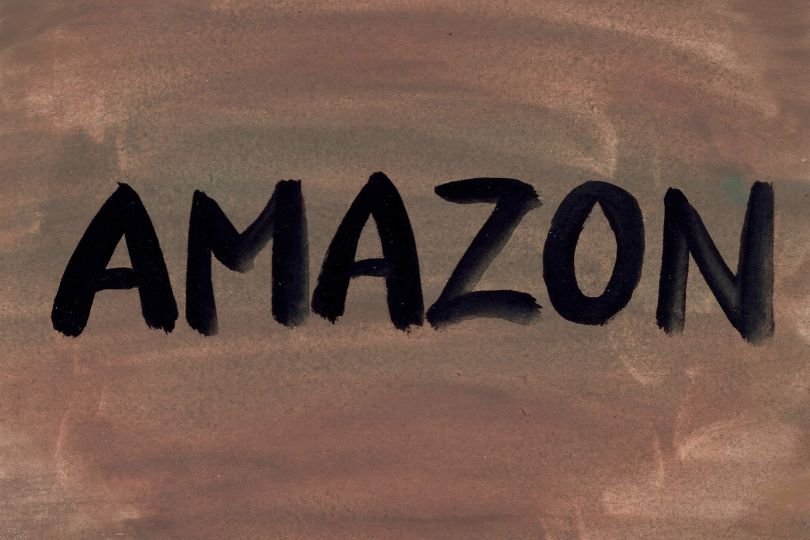Authors Respond to the Growing Number of AI'scam' Novels on Amazon
Navigating the rise of AI-generated scam books on Amazon. Authors seek solutions as fake content poses threats to reputation and sales.on Mar 13, 2024

Amazon.com has begun requiring writers who wish to sell books through its e-book programme to notify the business in advance whether their work contains information generated by artificial intelligence.
When Kara Swisher, a highly prominent tech writer, released her latest book, Burn Book, there were reports of obviously artificial intelligence-generated biographies of her appearing on Amazon. Swisher quickly responded, telling The New York Times' Hard Fork podcast: "I sent [Amazon CEO] Andy Jassy a note and said, 'What the f***?' You're costing me money," Swisher remarked in an interview.
While Swisher was able to remove the offending books from Amazon, the issue of AI-generated scam books has caused widespread anxiety among authors, the majority of whom do not have email contact with Amazon's CEO.
"Scam books on Amazon have been a problem for years," says Mary Rasenberger, CEO of the Authors Guild, an advocacy organisation for writers. But she claims the problem has grown in recent months. "Every new book seems to have some kind of companion book, some book that's trying to steal sales."
Marie Arana, a writer, spent years researching and publishing her book LatinoLand: A Portrait of America's Largest and Least Recognised Minority. The book came released in February.
The day after its release, she checked Amazon to see how it was performing. "Right below the cover of my book was another cover," Arana tells me. "The cover read 'America's Largest and Least Understood Minority. "A summary of Latinoland."
Arana gave NPR a photo of the Amazon search results. Clara Bailey is credited with writing the book. A review of Bailey's work revealed that he had written a number of these so-called summaries and offered them for sale on Amazon. NPR approached an Amazon spokesman about Bailey but did not receive a response. When asked about AI-generated books in general, the corporation declined to provide anyone an interview. Since NPR's investigation, Bailey's books have been pulled from Amazon.
Bailey's publication history is still listed on Goodreads.
According to Jane Friedman, a writer and publishing industry observer, AI-generated biographies, summaries, and even copycat books typically feature low-quality writing that is easily identified as AI-generated. She feels the writing has a generic quality. "It just feels like a human didn't write these," she said. "Humans would — funnily enough — do a better job being bad."
Amazon spokesperson Lindsay Hamilton issued a statement outlining the company's recent AI developments. Last year, the business established a policy requiring all publishers using Kindle Direct Publishing to disclose whether their content is AI generated. There is a cap on the number of titles that can be published in a day
"We both proactively prevent books from being listed as well as remove books that do not adhere to those guidelines, including content that creates a poor customer experience," the company's press release states. "When patterns of abuse warrant it, we also suspend publisher accounts to prevent repeated abuse."
Rasenberger claims that the publishers who post these books benefit from more advanced AI technologies capable of producing low-quality "scam" novels quickly. "By the time Amazon finds out about them, they've already made some money and they move on to something else," she said.
However, the issue of AI-generated books can hurt more than simply an author's sales figures.
"It's reputational harm," Friedman argues.
She made a blog post last year detailing her experience with books about publishing that claimed to be her work but were not. "Even the most beginning reader would read it and say, 'This person is not going to give me any helpful information,'" she said. Friedman claims that the majority of her income comes from paid newsletters and workshops she conducts, and that potential customers may see the books. "And then off they go to find some other better resource."
While it is currently possible to identify AI-generated work, Rasenberger and other writers anticipate a future in which this will be more difficult.



.jpg)






.jpg)

.jpg)
.jpg)
.jpg)
.jpg)
.jpg)
.jpg)










Sorry! No comment found for this post.